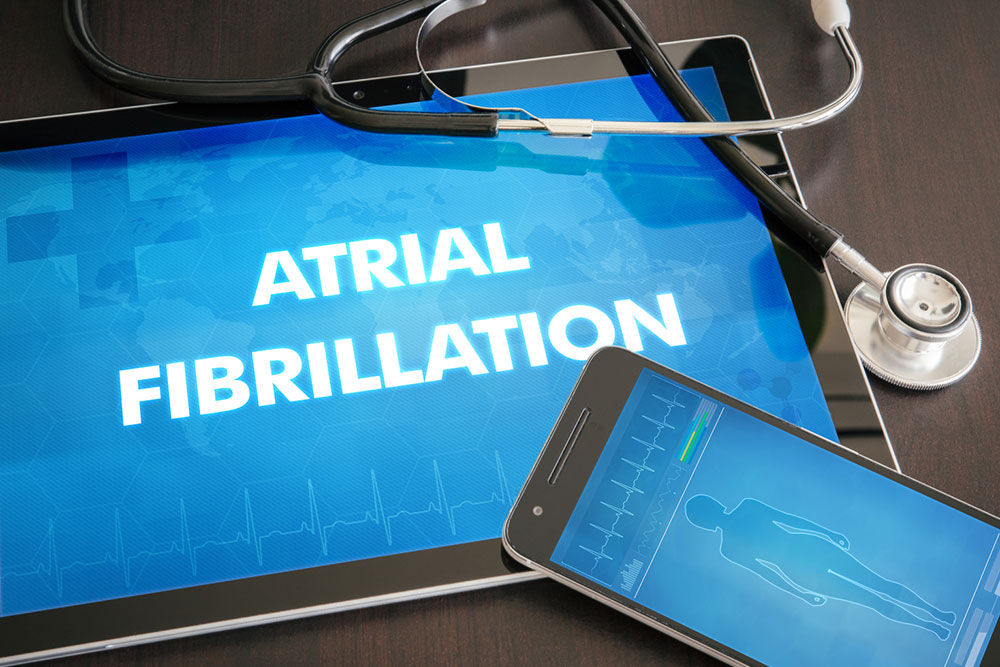
All you need to know about atrial fibrillation
Atrial fibrillation is a condition in which your heart experiences abnormal and irregular heart rate. This condition can lead to complications like heart failure, stroke, and other serious heart-related problems.
Atrial fibrillation occurs when the upper chambers of the heart, namely the atria, beat or pulse out of sync with the 2 lower chambers of the heart, namely the ventricles. It has been found that nearly 2.7 million citizens live with this condition.
You may experience atrial fibrillation in recurring episodes or as a long term condition that does can be alleviated upon receiving treatment.
By understanding the underlying causes of atrial fibrillation, you can get a better idea of this condition and take precautionary measures.
Causes of atrial fibrillation
During atrial fibrillation, the upper right chamber of your heart, the right atrium sends erratic and irregular electrical impulses. At the same time, your ventricles also experience impulses, but not as strong as the electrical impulses in your atria. This results in an abnormal and irregular heartbeat.
These abnormalities experienced in the heartbeat may be attributed to the following causes:
- A heart attack may be responsible for causing these irregularities in the functioning of the heart.
- Imbalances in the metabolic system, such as improper functioning of the thyroid gland can also lead to this condition. Obesity can be a major cause of the occurrence of atrial fibrillation.
- Certain lung diseases and problems like Chronic Obstructive Pulmonary Disease or pulmonary embolism, associated with blood clots in your lungs can also cause Atrial Fibrillation.
- Congenital heart defects can also be a major reason behind the abnormal functioning of your heart.
- High blood pressure can also lead to imbalances in your heart’s proper functioning, which may result in atrial fibrillation.
- Another possible cause behind atrial fibrillation can be a viral infection.
- You can also develop this condition as a result of increased exposure to certain stimulants like tobacco, alcohol, caffeine or medications.
- Sick Sinus Syndrome is another possible cause behind this problem. When the sinus node (the natural pacemaker in your heart) does not function properly, it leads to the condition of Atrial Fibrillation.
- Experiencing stress caused by surgery, illness or due to pneumonia, can also cause abnormalities in the functioning of your heart.
- Sleep apnea has also been found to be a major cause behind the occurrence of atrial fibrillation.
- A serious concern that could lead to the improper functioning of your heart could be coronary heart disease.
- Abnormalities in your heart valves can also be the reason for atrial fibrillation.
Apart from these causes responsible for the incidence of atrial fibrillation, there are certain factors that make you vulnerable to this condition. Age, for instance, is one of the risk factors that can make you vulnerable. You are more susceptible to heart abnormalities at an older age. If you have a family history of such heart-related conditions, you should be cautious. Obesity and chronic conditions such as diabetes, thyroid problems, sleep apnea, and lung disease put you at a greater risk of developing this condition.


